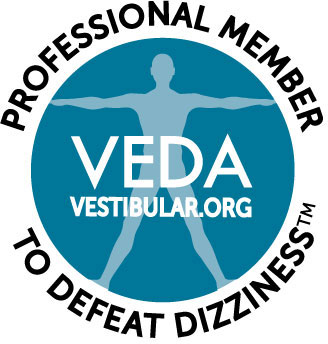Concussion is a hot topic in the media today, especially in reference to young athletes. Multiple studies over the last several decades have shown a strong link between contact sports like football and traumatic brain injuries, and more and more people are starting to take notice. Parents, coaches and doctors are becoming more aware of the seriousness of concussions and their potentially devastating consequences.

Signs of a Concussion
A lot of people are unaware that you don’t have to be knocked unconscious from a hit to the head in order to get a concussion. If fact, you don’t even have to get hit in the head at all! A hard impact that causes the head to snap back can lead to a concussion as well. It’s also important to remember that symptoms of a concussion can take up to a week to appear, and last for weeks, if not months. While a temporary loss of consciousness is common, there are several other signs and symptoms to look for:
-
Fatigue
-
Headaches
-
Not being able to remember the event that caused the concussion
-
Vomiting
-
Appearing dazed or confused
-
Slurred speech
-
Ringing in the ears
Identifying Post-Concussive Syndrome
Concussions can mess with the way the brain interprets visual signals from the eyes, which can lead to post-concussive syndrome. Patients who experience even a mild brain injury can be left with many post-concussive symptoms, including:
-
Headaches and dizziness
-
Neck pain
-
Anxiety
-
Reading difficulties
-
Difficulty sleeping
-
Unusual irritability
Many of these post-concussive symptoms can also be signs of binocular vision dysfunction, so if these symptoms persist after three months, the visual system may be to blame. Patients with these ongoing symptoms should be screened by Dr. Cheryl for vertical heterophoria and superior oblique palsy.
The absolute worst thing a person who’s recently had a concussion can do is go out and get another concussion. Receiving a second concussion before the first one is completely healed can cause serious and sometimes permanent damage. If you’ve sustained a concussion, it’s important to be responsible and honest about your symptoms. Until a doctor clears you for play, take a break and stay off the field!
If you or your child have had your “bell rung” and still have post-concussive symptoms, please reach out to the Neuro Visual Center of New York at (516) 224-4888 so we can help. Chances are a pair of aligning prismatic lenses will dramatically improve these symptoms, and your life as well!





